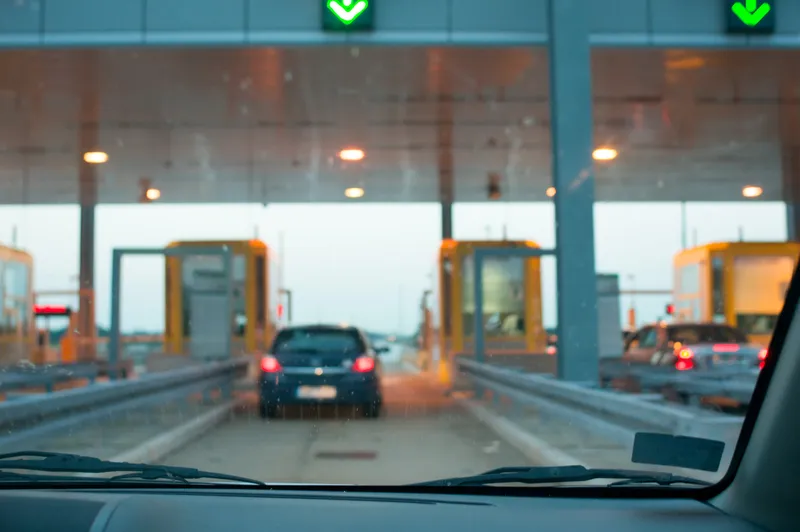
Siemens Mobility has joined Q-Free's FREEtheMIBS campaign, which is lobbying for open sharing of proprietary management information bases (MIBs) to agencies, vendors or researchers.
MIBs are common language protocols to communicate between central traffic management systems and ITS devices such as traffic signal controllers.
MIBs tend to be proprietary to manufacturers - something that Q-Free believes keeps Departments of Transportation (DoTs) locked unecessarily into lengthy contracts.
The company argues that this state of affairs stifles innovation, barring newer products which cannot link up with legacy equipment.
Utah and Oregon DOTs have already signed up - but Tom Stiles, founding partner of #FREEtheMIBs, says Siemens' involvement is “a defining moment”.
“Having Siemens Mobility join the campaign represents significant momentum in the fight for open standards - and an open, more competitive playing field for the industry.”
“As a company that supports the concept of open architecture and protocols, it makes sense for us to be part of this,” said Marcus Welz, CEO of Siemens Mobility’s intelligent traffic systems for North America.
“We believe this will provide more seamless communication, foster innovation and help everyone access stronger safety and mobility applications.”
Not everyone is convinced that Q-Free's campaign is sensible - vendor McCain, for example, is concerned about safety and legal implications.









